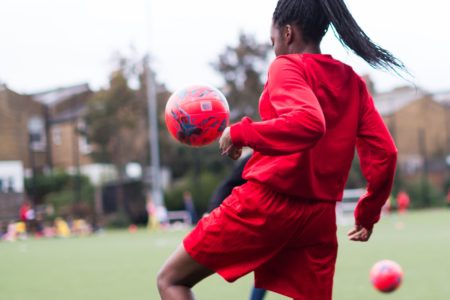This weekend, more than 60,000 people will congregate in North London to cheer for or against a football team formed by bible students as they visit a local works team.
The histories of London’s biggest sport clubs are stories of strong local communities. Some teams; like Tottenham Hotspur or Fulham, found a shared experience in education and faith; others such as Arsenal, Millwall or the Thames Ironworks FC — later known as West Ham United — sought a post-work social. In an age before ‘No Ball Games’ signs, Charlton Athletic were formed by a group of teenagers kicking a ball around the residential East Street.
The genesis of current Premier League champions Chelsea, formed by a businessman in need of a tenant for his athletics stadium, does not represent the norm for London’s major football clubs. Even then, had Gus Mears had his way, it would now be Fulham FC — formerly Fulham St Andrew’s Church Sunday School F.C — now playing their home games at Stamford Bridge.
That’s why as London Sport look to make London the world’s most active city, we know we must engage with organisations embedded in their community, and encourage those organisations to adopt physical activity as part of their remit.
One way London Sport hope to do this is through Satellite Clubs; a Sport England funding stream, aimed at 14 – 19 year olds. With this fund, we are particularly keen to engage with local community organisations who might like to use physical activity and sport to expand their offer.
If you can think of a public space where your community would feel comfortable gathering then do get in touch. It could be a park, street, hall; it could be indoors or outdoors; and it may or may not have be designed with sport in mind.
It was in these environments that the roots of many of today’s most successful “traditional” clubs took hold. It was these first principles that established so many of our city’s sports clubs at the heart of their community.
So too, it is these environments that represent the compost that contain the seeds of future clubs and the growth of sport and physical activity. We do not expect to create the next Arsenal or Tottenham Hotspur, but we do expect to help London and Londoners to be more active, to be healthier and happier.
For more information on Satellite Clubs and other programmes intended to provide more opportunities for participation across the capital, click here.






